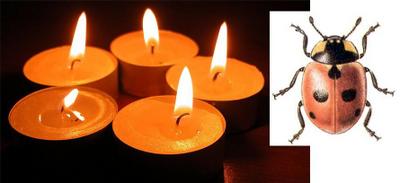
5 Steps To Democracy
- Take over power: Take Over Tundikhel.
- Build a democratic party, the total, transparent kind: Janata Dal Constitution.
- Introduce a democratic constitution into the country: Proposed Constitution.
- Promise rapid economic growth in the aftermath: 21st Century Nepal.
- Go global with it: Reorganized UN, Methods.

- Project Take Over Tundikhel: Draft 1 (August 8)
- eDemocracy, 4S Campaign, 24/7 Vigil For Democracy: Take Over Tundikhel (March 19)
To the August 8 draft, I would like to add this: the seven political parties. A seven member committee to represent the seven parties would sit on top of the "pyramid" so as to shepherd it politically. That committee is also the interim government in waiting.
I suggest as follows:
Girija Koirala: Supreme Leader, like Ganeshman Singh was in 1990.
Madhav Nepal: Prime Minister in waiting, for leading the largest party in the country.
Hridayesh Tripathy: Deputy Prime Minister in waiting, for being the leading Madhesi democrat, the largest segment of the social DaMaJaMa coalition.
Ministers in waiting: one from each participating party, Narahari Acharya or designate, Gopalman Shrestha or designate, CP Mainali or designate, Narayan Man Bijukchhe or designate, Amik Sherchan or designate.
This group becomes the interim government through negotiation with the king or unilaterally declares itself the interim government after the movement has reached critical momentum. It is possible to negotiate with the king the possibility of a Constituent Assembly that guarantees a ceremonial monarchy. That woud be my personal first choice. But there also are options 2 and 3 on the table.
Nepal's movement for democracy is something of global importance. If an indigenous movement for democracy with external logistical support can give birth to democracy in the second poorest country on the planet, there is hope for democracy literally everywhere on the planet: through little or no loss of life, and with minimal financial expenditures.
Nepal will have provided the answer to the most vexing foreign policy debate on the American political scene. That is huge.
And if the concept of total, transparent democracy can be instituted in Nepal, heck, that democracy will be a prime target for export also into the United States itself where the progressives are really struggling to get back on track, and do so for good.
This movement is not against this or that person, this or that group. This movement is to raise the national and global political consciousness to a higher plane, a plane not seen before in human discourse.
This is cutting edge stuff.
In The News
